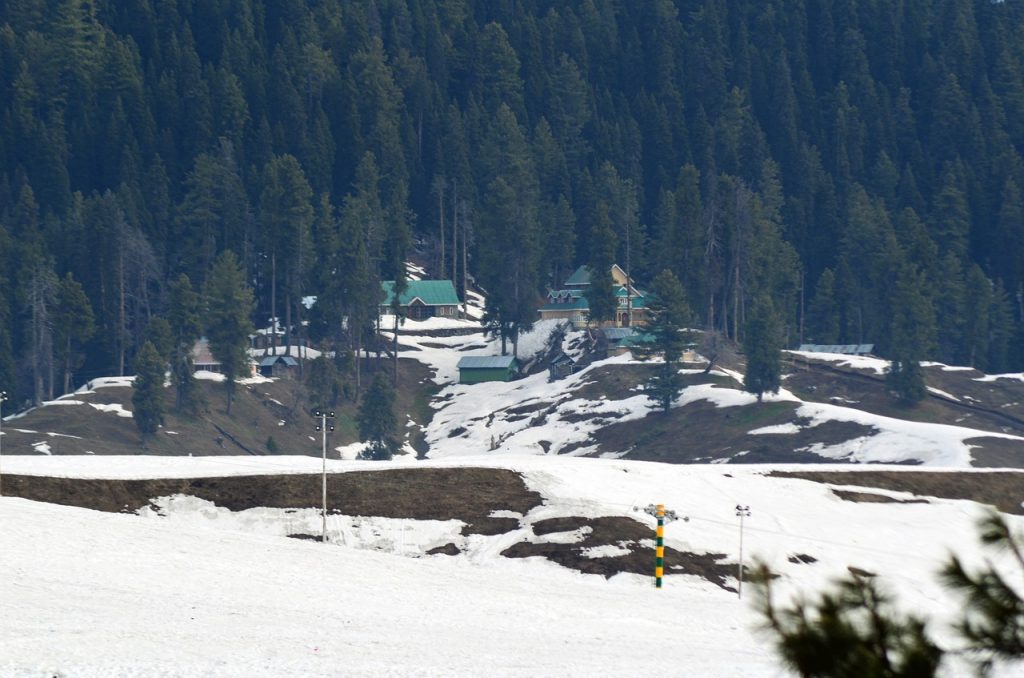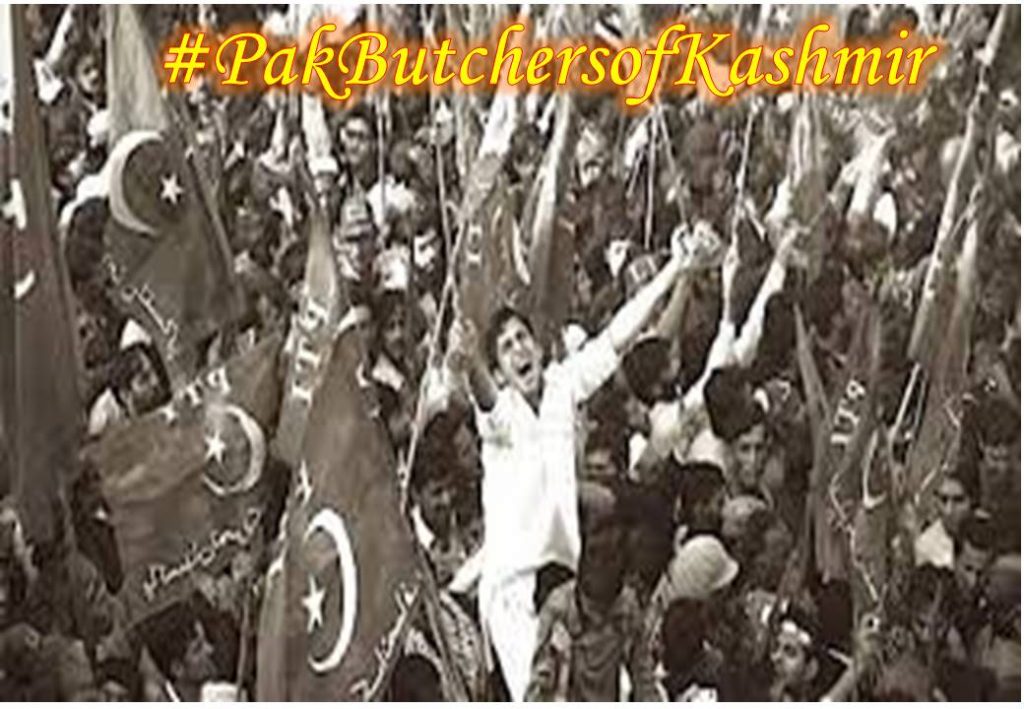Jammu and Kashmir, also known as the Paradise on Earth, rightly so, for its pristine natural beauty, is world-famous for the snow-capped mountains, diverse plant and animal life, rich cultural heritage and handicrafts. Kashmir is a popular tourist destination visited by travellers across the globe, and there are different stories behind how it got this name.
History and Origin of the Name Kashmir
There’s a legend that says that the land which comprises Kashmir was once a big lake. Saint Kashyapa drained the lake by cutting a gap in the hills at Baramulla. He then asked the Brahmins to settle in this region. The main town in the Kashmir valley was called Kashyapa-pura. This reclaimed piece of land was given the name Kashyapamar and later it came to be known as Kashmir.
Rajatarangini, a 12th century text written by Kalhana, which describes the history of Kashmir, also states that the valley of Kashmir was originally a lake.
Kashmir means ‘desiccated land’. In Sanskrit, ‘Ka’ means water and ‘shimeera’ means desiccate. There is another interpretation wherein ‘kas’ means channel and ‘mir’ means mountain and thus Kasmir means a rock trough.
It is said that the country referred by Ptolemy as Kaspeiria is Kashmir.
Memoirs of Babur state that the race of men called Kas resided in the hill country along the upper course of the Sind and the Indus, and thus Kashmir got its name.
According to Wakefield, people of the Valley pronounce its name as Kushmir, rather than Kashmir. Vigne says that Cush, the son of Ham, founded the Kash or Cush tribe which settled in the east. This tribe established a village called Kash, near Bagdad, from which today’s Kashmir derives its name. This tribe founded a kingdom in Mesopotamia. One of the rivers in that region is called Kashan, and there are towns with names Kashan, Kashaf, and Kashi.
These tribal people also established a village near Nishapur in Iran and called it Kashmar. They further travelled towards Central Asia and started many settlements whose names were derived from Kash. They founded a village Kashmohra in Merv, a village Kash, in Bokhara and villages Kashband and Kashania, in Samarkand.
The tribe later proceeded towards Afghanistan and established settlements Kashkar, Kashhil, Kashek, and Kashu and a settlement called Kashmor to the south of Hindu Kush. These people settled in the region that is now called Kashtawar and also spread to other parts of the valley of Kashmir.
The locals in Jammu and Kashmir believe that Jammu has been named after its founder Raja Jambulochan, who is said to have ruled over this region in the 9th century.
In the olden times, Kashmir was known as the Kashmir Valley. Today, it comprises the union territories of Jammu and Kashmir and Ladakh, which are administered by the Indian government, Azad Kashmir and Gilgit Baltistan administered by Pakistan, and Aksai Chin and the Trans-Karakoram Tract which are under the Chinese administration. Through history, the land of Kashmir has been ruled by the Mughals, Dogras, and the Sikhs. Religions followed in Kashmir included Hinduism, Islam and Buddhism. This has contributed to the diversity of the culture of Jammu and Kashmir, and perhaps, given rise to different theories about the origin of its name. There is no unanimous answer to how Kashmir got its name, but the various derivations are interesting in their own ways.



